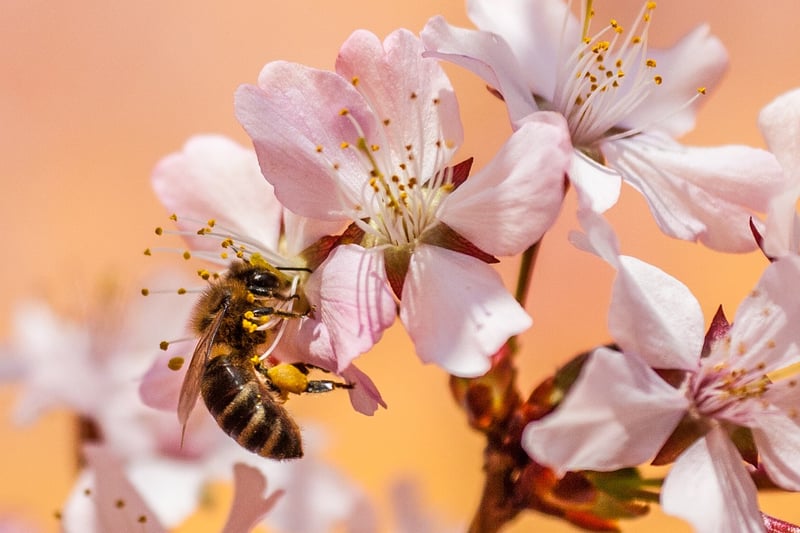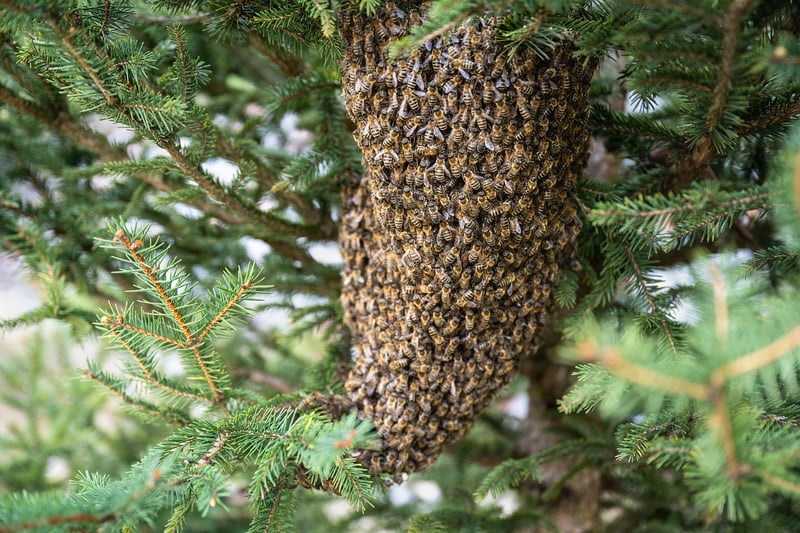City Beekeeping Basics
Sustainable Urban Agriculture and City Beekeeping Basics
Introduction
Urban agriculture and city beekeeping are important practices that contribute to sustainability, food security, and biodiversity in urban environments. In this article, we will explore the basics of sustainable urban agriculture and city beekeeping, highlighting their benefits and how you can get started.
Benefits of Urban Agriculture
- Provides fresh and local produce
- Reduces food miles and carbon footprint
- Promotes green spaces and biodiversity
- Improves community engagement and food security
Getting Started with Urban Agriculture
Start small by growing herbs, vegetables, or fruits in containers or small garden beds on balconies, rooftops, or community gardens. Consider composting kitchen scraps to create nutrient-rich soil for your plants.
Benefits of City Beekeeping
- Pollinates urban gardens and increases crop yield
- Produces local honey with unique flavors
- Supports bee populations and biodiversity
- Connects urban dwellers with nature
Getting Started with City Beekeeping
Research local regulations on beekeeping and invest in the necessary equipment such as beehives, protective clothing, and tools. Join a beekeeping association or take a course to learn best practices for beekeeping in urban settings.
Conclusion
Urban agriculture and city beekeeping are sustainable practices that offer numerous benefits to urban communities and the environment. By incorporating these activities into city spaces, we can create healthier, more resilient, and vibrant urban areas.


